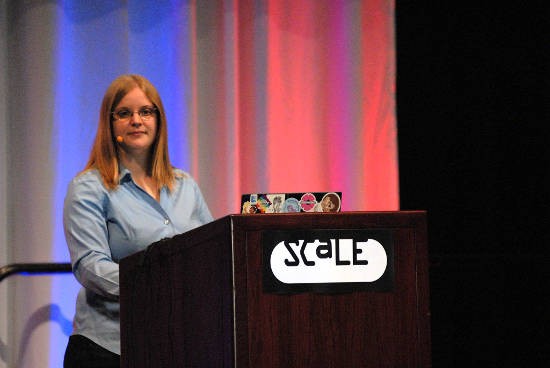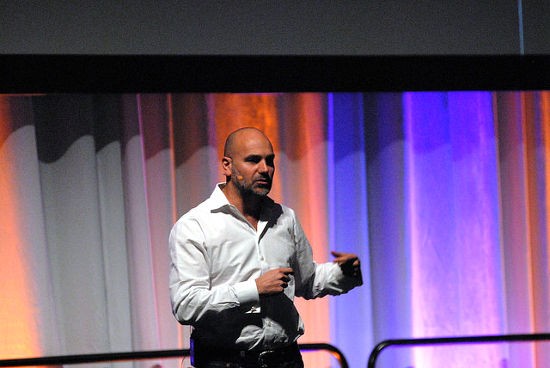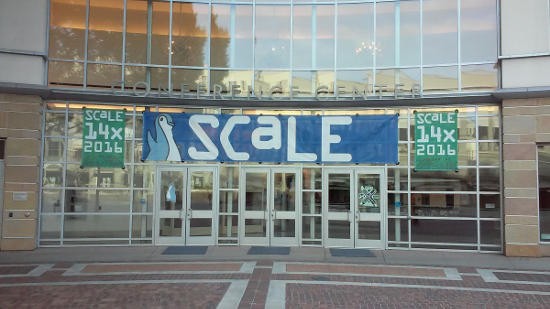FOSS Week in Review
We’re just barely past the relatively quiet news days that are the holiday season and already the news is getting to be quite contentious. So much so that I’ve been tempted to call this edition of the Week in Review “The Good, the Bad and the Ugly,” but I’m afraid that might turn into some kind of trademark dispute. I am reminded by our opening story, however, of the old Pogo quip from the funny pages: “We have met the enemy and he is us.”
 Linux Foundation adopts plantation model: The biggest FOSS story this week came on Wednesday when free software activist and Linux kernel developer Matthew Garrett made public that on last Friday the Linux Foundation had dropped community representation from its board.
Linux Foundation adopts plantation model: The biggest FOSS story this week came on Wednesday when free software activist and Linux kernel developer Matthew Garrett made public that on last Friday the Linux Foundation had dropped community representation from its board.
** If our coverage matters to you, please consider supporting our work through our FOSS Force Independence 2026 fundraiser. **
The Linux Foundation’s board has always been weighted heavily in favor of corporations and money, with a large majority of the foundation’s board being elected by member corporations. The nine platinum members, who each pay $500,000 yearly in membership dues, elect up to ten board members (or one each for up to ten directors), the sixteen gold members elect three, and the more than 250 silver members elect only one. Until last week, individual members, who pay $99 in annual dues, elected two members to the board, not enough to influence foundation policy in a vote, but enough to give the community some say in the decision making process.
Not any longer.






 This is the second time in three years that IT-oLogy’s longest running conference has been cancelled. In 2014 the event was cancelled, evidently due to logistical problems as IT-oLogy was in the process of launching the first
This is the second time in three years that IT-oLogy’s longest running conference has been cancelled. In 2014 the event was cancelled, evidently due to logistical problems as IT-oLogy was in the process of launching the first 

 Linux Foundation adopts plantation model: The biggest FOSS story this week came on Wednesday when free software activist and Linux kernel developer Matthew Garrett made public that on last Friday the Linux Foundation had
Linux Foundation adopts plantation model: The biggest FOSS story this week came on Wednesday when free software activist and Linux kernel developer Matthew Garrett made public that on last Friday the Linux Foundation had 

